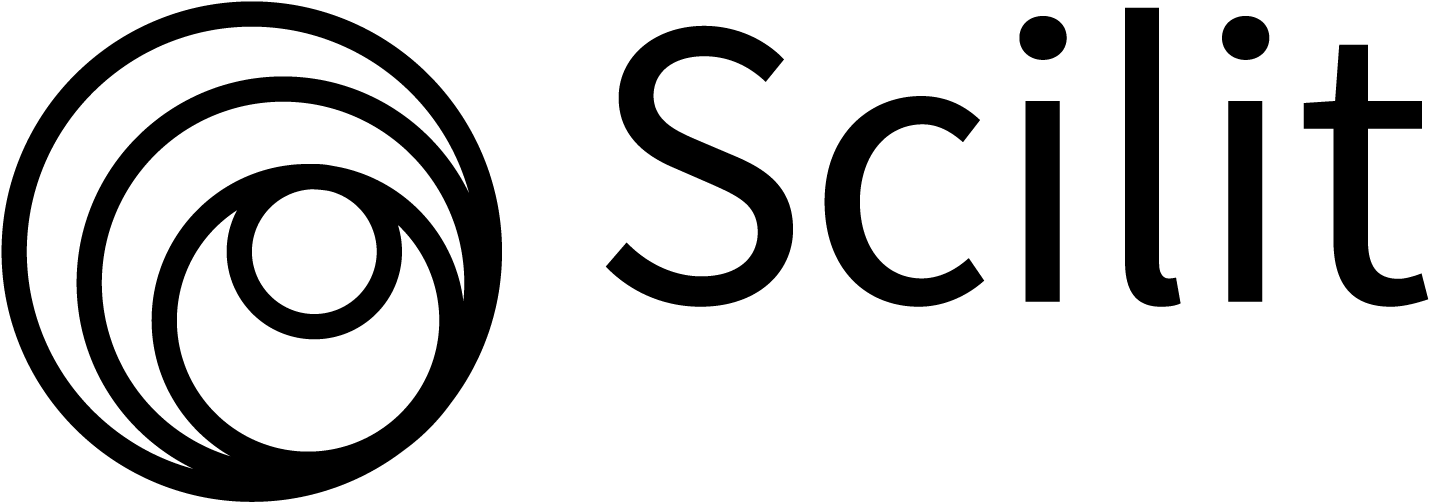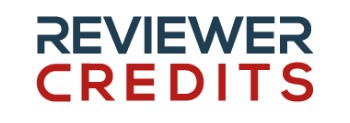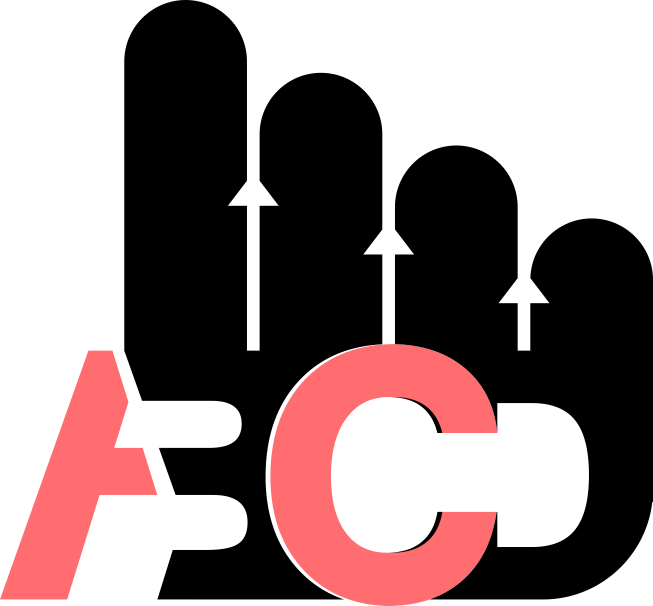Correlation of serum Insulin-Like Growth Factor one with acne severity
DOI:
https://doi.org/10.56056/amj.2022.165Keywords:
Insulin growth factor-1, Acne vulgaris, ', Acne severityAbstract
Background and Objectives: Acne is a common chronic inflammatory skin condition; Acne could present as inflammatory or non-inflammatory lesion. Acne can be varied in severity from patient to another, generally, it can present in mild, moderate or severe degree.
Excessive production of sebum by sebaceous glands in the skin contributes in acne formation. One of the factors associated with the production of sebum is Insulin-Like Growth Factor in serum. Current study tries to find any association between acne severity and serum Insulin-Like Growth Factor.
Method: On a sample of 40 female patients with acne, aged 14-26 years at the outpatient clinic as a cross sectional study. Serum IGF-1 level was compared to their acne severity across three groups, mild, moderate and severe acne. Global acne grading system was used to classify the acne severity.
Results: Median levels of IGF-1 were 208.09 ng/ml. Mean serum level of IGF-1 is 254.53ng/ml, 200.03ng/ml and 172.39ng/ml in severe, moderate and mild acne respectively. Acne severity strongly associated with serum level of IGF-1 which is statistically significant. No significantly association between serum level of Insulin-Like Growth Factor and the age of patients was found. Likewise, the severity degree of acne has no association with body mass index
Conclusion: There is a direct relationship between mean level of IGF-1 in patients with AV with degree of their acne severity
Downloads
References
Zaenglein AL. Acne vulgaris and acneiform eruption. Fitzpatrick's Dermatology in General Medicine. 7th ed. New York: McGraw Hill publishing. 2008. p. 690-703.
Kokandi A. Evaluation of acne quality of life and clinical severity in acne female adults. Dermatol Res Pract. 2010; 2010:410809.
Tan J. Psychosocial impact of acne vulgaris: evaluating the evidence. Skin Therapy Lett. 2004;9(7):1-3.
Dawson AL, Dellavalle RP. Acne vulgaris. BMJ. 2013; 346: f2634.
Weller R, Hunter JA, Savin J, Dahl M. Clinical Dermatology. 4th ed: United Kingdom. Wiley-Blackwell; 2008.
Strauss JS. Sebaceous gland, acne and related disorders-an epilogue. Dermatology. 1998;196(1):182.
Saleh BO. Role of growth hormone and insulin-like growth Factor-I in hyperandrogenism and the severity of acne vulgaris in young males. Saudi Med J. 2012;33(11):1196-200.
Deplewski D, Rosenfield RL. Growth hormone and insulin-like growth factors have different effects on sebaceous cell growth and differentiation. Endocrinology. 1999;140(9):4089-94.
Vora S, Ovhal A, Jerajani H, Nair N, Chakrabortty A. Correlation of facial sebum to serum insulin-like growth factor-1 in patients with acne. Br J Dermatol. 2008;159(4):990-1.
Smith RN, Mann NJ, Braue A, Mäkeläinen H, Varigos GA. The effect of a high-protein, low glycemic–load diet versus a conventional, high glycemic–load diet on biochemical parameters associated with acne vulgaris: A randomized, investigator-masked, controlled trial. J Am Acad Dermatol. 2007;57(2):247-56.
Fürstenberger G, Senn H-J. Insulin-like growth factors and cancer. The lancet oncology. 2002;3(5):298-302.
Iftikhar U, Choudhary N, Asghar A, Bashir B, Ahmad FJ, Nadeem M. Correlation of insulin-like growth factor with acne severity. Annals of Punjab Medical College (APMC). 2017;11(4):328-32.
Ben?Amitai D, Laron Z. Effect of insulin?like growth factor?1 deficiency or administration on the occurrence of acne. J Eur Acad Dermatol Venereol. 2011;25(8):950-4.
Aizawa H, Niimura M. Elevated serum insulin?like growth factor?1 (IGF?1) levels in women with postadolescent acne. J Dermatol. 1995;22(4):249-52.
Polat M, Ek?io?lu M. Serum Growth Hormone and Insulin-Like Growth Factor-1 Levels in Women with Postadolescent Acne. Turkderm- Arch Turk D. 2010;44(2):69-72.
Rahaman SM, De D, Handa S, et al. Association of insulin-like growth factor (IGF)-1 gene polymorphisms with plasma levels of IGF-1 and acne severity. J Am Acad Dermatol. 2016;75(4):768-73.
Smith R, Mann N, Mäkeläinen H, Roper J, Braue A, Varigos G. A pilot study to determine the short?term effects of a low glycemic load diet on hormonal markers of acne: a nonrandomized, parallel, controlled feeding trial. Mol Nutr Food Res. 2008;52(6):718-26.
Kim T, Chang JS, Kim H, Lee KH, Kong ID. Intense walking exercise affects serum IGF-1 and IGFBP3. J Lifestyle Med. 2015;5(1):21.
Behrangi E, Rasi A, Navid P, Dalvand B, Azizian Z. Serum level of insulin-like growth factor 1 in patients with acne vulgaris versus healthy subjects. J Skin Stem Cell. 2018;5(3).
El Akawi Z, Abdel Latif Nemr N, Razzak A, Al Aboosi M. Factors believed by Jordanian acne patients to affect their acne condition. East Mediterr Health J 2006; 12:840-6.
Karadag A, Ertugrul D, Tutal E, Akin K. Short?term isotretinoin treatment decreases insulin?like growth factor?1 and insulin?like growth factor binding protein?3 levels: does isotretinoin affect growth hormone physiology? Br J Dermatol. 2010;162(4):798-802.
Wulan IGK, Hidayati AN, Sukanto H. Profile of Serum Insulin-like Growth Factor-1 Levels in Patients with Acne Vulgaris. Berk ilmu kesehat kulit kelamin. 2016;28(2):104-12.
Melnik BC, Schmitz G. Role of insulin, insulin?like growth factor?1, hyperglycaemic food and milk consumption in the pathogenesis of acne vulgaris. Exp Dermatol. 2009;18(10):833-41.
Esterle L, Sabatier J-P, Guillon-Metz F, et al. Milk, rather than other foods, is associated with vertebral bone mass and circulating IGF-1 in female adolescents. Osteoporos Int. 2009;20(4):567.
Smith TM, Gilliland K, Clawson GA, Thiboutot D. IGF-1 induces SREBP-1 expression and lipogenesis in SEB-1 sebocytes via activation of the phosphoinositide 3-kinase/Akt pathway. J Invest Dermatol. 2008;128(5):1286-93.
Downloads
Published
Issue
Section
License
Copyright (c) 2022 Saedi Khaleel Fattah, Ali Mozan Dhahir Elethawi

This work is licensed under a Creative Commons Attribution-NonCommercial-ShareAlike 4.0 International License.
The copyright on any article published in AMJ (The Scientific Journal of Kurdistan Higher Council of Medical Specialties )is retained by the author(s) in agreement with the Creative Commons Attribution Non-Commercial ShareAlike License (CC BY-NC-SA 4.0)














